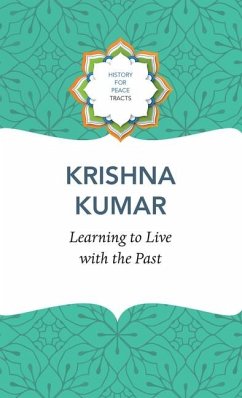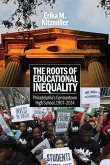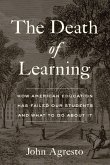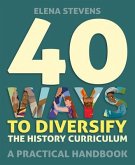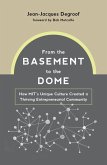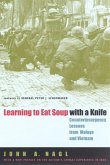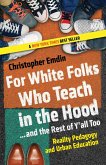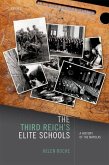This essay examines the history of the Indian subcontinent and the Partition of 1947 from a pedagogical perspective. How does education shape political rivalry and hostility? The Partition of the Indian subcontinent in 1947--the violence that followed it, and its living legacy of rival nationalisms--has made a deep and pervasive impact on education in both India and Pakistan. In Learning to Live with the Past , educationist Krishna Kumar dwells on the complex terrain every history teacher has to navigate: how to make the past come alive without running the risk of creating a desire to lose this "pastness." Substantiating this question with a wealth of experiences gained from his extensive research on history textbooks, as well as his interactions with students and teachers in both countries, Kumar explores the integral function the discipline of history plays in the project of nation-building. To help children learn to live with the past, Kumar amplifies the need for spaces that create possibilities for inquiries into a "longer" common heritage shared by South Asia without necessarily denying a national narrative or encouraging an urge to undo the past.
Hinweis: Dieser Artikel kann nur an eine deutsche Lieferadresse ausgeliefert werden.
Hinweis: Dieser Artikel kann nur an eine deutsche Lieferadresse ausgeliefert werden.

